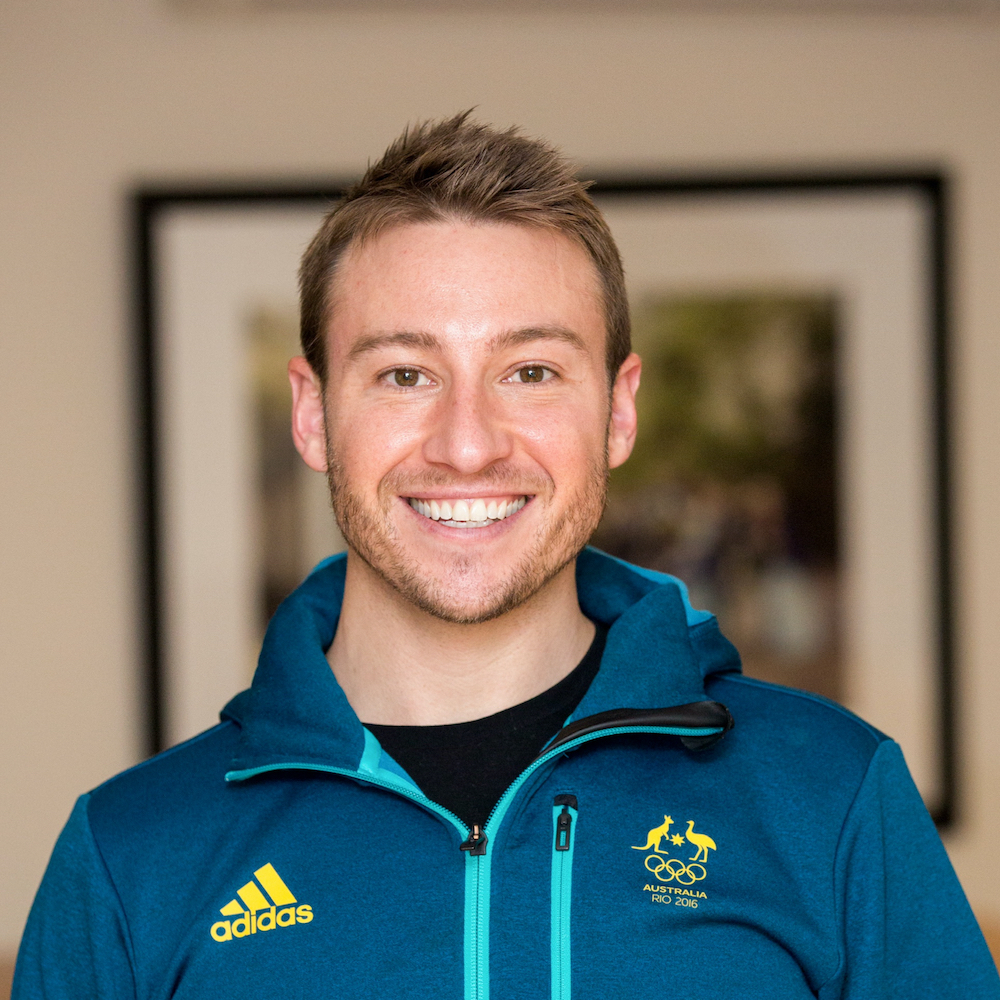As a neglected eight-year-old child Matthew Mitcham told himself that if he could become the best in the world at something, somebody would finally think that he was special. And when it happened, for a while he did.
His success was dramatic. Sitting in second place with a huge points total to make up, Mitcham pulled off the dive of his life in the 2008 Beijing Olympics, and received the highest score in Olympic diving history at the time. Having come out just before the competition, the press lapped it up. He became, in his words, ‘huge’.
“At first, I loved it. But after a while I felt my value hadn’t really increased. They (the public) only cared about the achievement, the medal. Ultimately, I didn’t feel better about himself,” said Matthew.
Living authentically
Matthew started with Australia’s national diving programme aged 11. Between the ages of 14-18 he put in hours of practice and started to achieve success. But before too long, a coach with a ‘corrections only’ method started to affect Matthew’s mental health.
“Hearing corrections only for five hours a day, six days a week for several years … I was starting to hear that through the filter of low self-esteem and felt that I was being criticised for hours of every day. Yet this was my ticket to feeling special,” said Matthew.
Having tried to suppress feelings about other boys as a child, Matthew had also accepted he was gay during this period but felt ashamed to admit this to his coach and teammates.
“I’d spent so much time with these people that I didn’t want to admit that I hadn’t been completely forthright with them. I felt like I had deceived them in some way. What I was hoping to get from the sport just wasn’t worth the pain and suffering that I was going through,” said Matthew.
So he quit, thinking he needed to become comfortable with who he was and make a fresh start. He embraced the freedom from an all-consuming training schedule and threw himself into partying so hard he eventually wondered if he had developed a drug habit.
Matthew says it took him about six months to stop hating the sport, and another three months before he started missing it. Around that time another coach got in touch and asked if he was interested in competing again.
It was the change he needed to make, so he moved from Brisbane to Sydney and knuckled down. More importantly the coach created an environment where Matthew could be himself as a gay man, something that was fundamental to his later success.
“Being able to be my authentic self had a huge impact on my self-esteem. I didn’t feel like I was depressed anymore. I was happy and that meant that I was able to be very present in my training sessions, which was new for me. I used to train on autopilot because I didn’t really want to be there.
“It enabled me to be very analytical about everything that I was doing and I changed a lot of my technique and refined things,” said Matthew
The Road to Beijing
There was just 15 months between the end of Matt’s partying and the 2008 Beijing Olympics – not a lot of time to prepare or try to qualify for the team. But with every training session, he would visualise winning gold and that further fuelled his development.
“I’d never been able to train with that kind of passion or intensity or vigour or focus before,” said Matthew.
Qualifying for the Olympic team brought press attention and in one interview he did with the Sydney Morning Herald (SMH), Matthew told a journalist he lived with his boyfriend. She checked if she could include the detail and, realising how living authentically had improved his training, Matthew agreed.
The SMH put him on the front page, but it was after he won the 10m diving gold that he became the darling of the press. It was quite the story; the Chinese had dominated the diving at the games and Matthew took the 10m gold with his final dive of six. He became the first openly gay athlete to win a gold medal at the Olympics.
Matthew had got the attention – the validation – he had craved and for a while he lapped it up. People would tell him where they were when they saw him win gold and he realised his last dive was an Olympic record.
But it wasn’t long before his mental health took a turn for the worst again. Checking the world rankings (decided by an annual accrual of competition points), Matthew found he was number two.
“It triggered a downward spiral of self-esteem into depression. I was really desperate to change the way I felt because I was an Olympic champion with the world at my feet – my depression felt completely unjustified. I wanted to change the way I felt and went back to the last thing that I knew that was very effective at that. I started using drugs again to kind of just to numb myself out,” said Matthew.
Eventually it got so dire that he went into rehab. It was there that Matthew realised that drinking or taking drugs were the symptoms, but his real problem was his low self-esteem and how reliant he was on external validation, be that the scores from judges, the amount of likes he got from a social media post or how much money he had.
Matthew’s road to a more peaceful, stable life began when he attended programs that gave him tools to reframe his thinking. Although he has been sober for seven years, he still struggles with his self-esteem. His depression has disappeared but now there is also anxiety to deal with. When these feelings come, the difference is he now understands why and has the tools to help himself.
“I know that there’s plenty of stuff that I can do to help with that. I can go to meetings or I do therapy to work on trauma and work on emotional regulation, that sort of thing,” said Matthew.
He also says that being of service to others helps keep him positive. Matthew is often booked to speak on the subject of mental health and believes in being openly vulnerable to create a safe space in which others can do the same and seek support.
“When it comes to mental ill health and what people consider to be character defects, you don’t want to share this stuff with somebody who you perceive to be healthy and normal because you’ve got shame around that stuff.
“But if somebody else has shared vulnerability about their ‘defects’ then there’s not that power imbalance. You can share stuff with them because you know that they’re going to relate, you know they’re not going to judge you. So that makes them a very safe person to share with. I’ve been that person to a lot of people and that feels like an act of service to me,” said Matthew.
If you’d like to book Matthew to speak about any of the issues in this article at your next event, click here. View his full speaker profile here.



